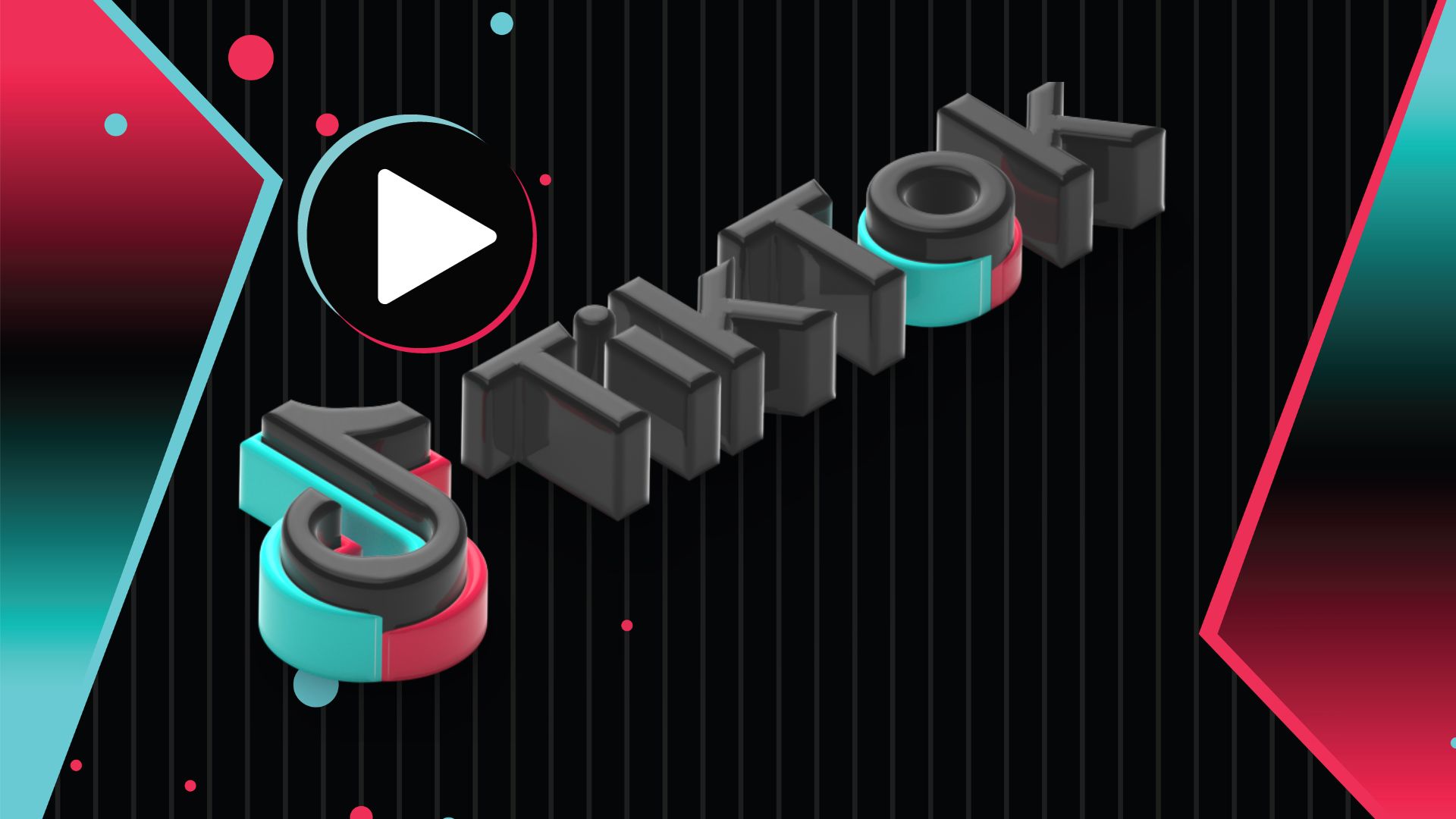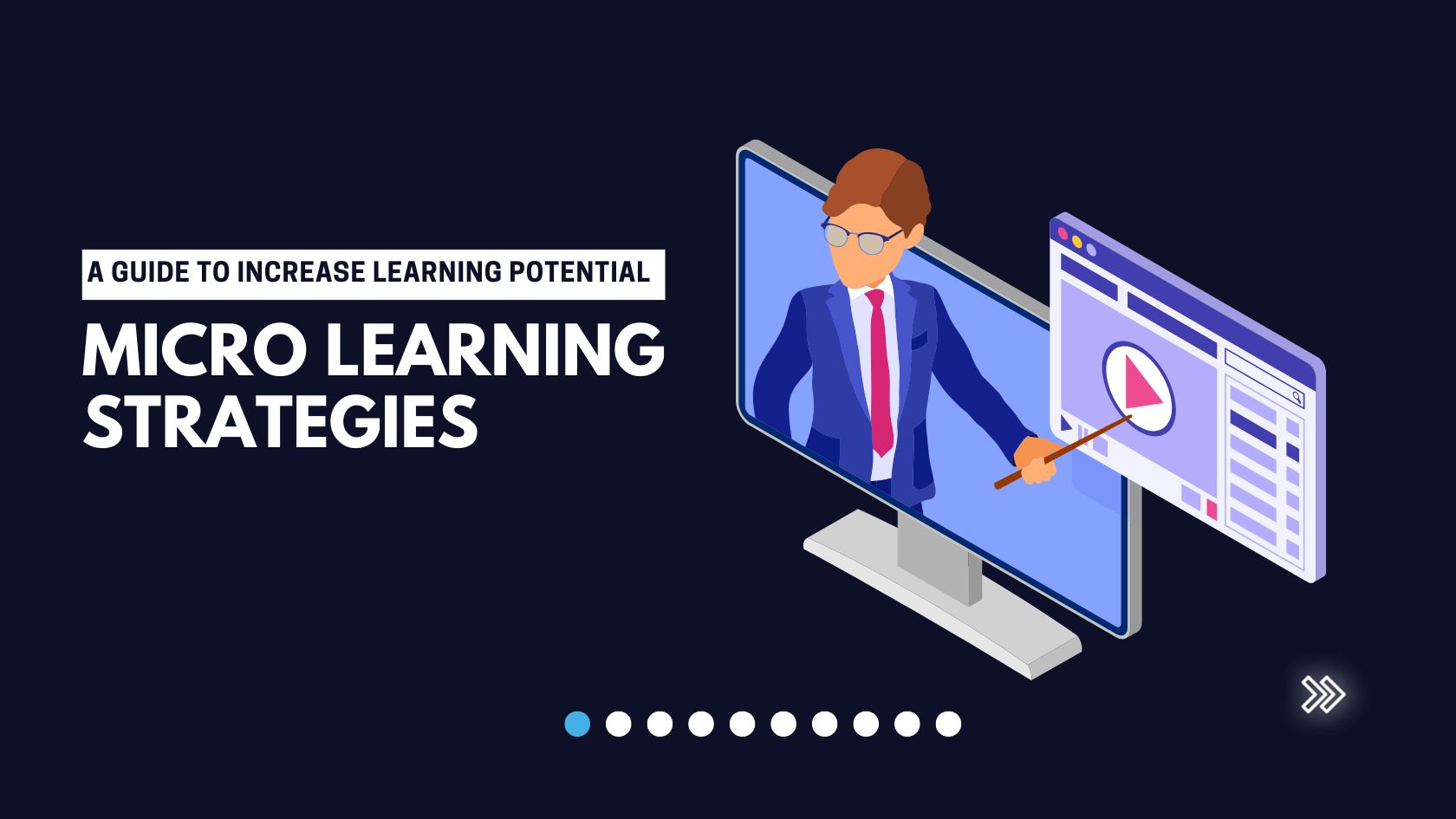‘Epic’ Lawsuits Among ERP Predictions for 2012
In no particular order, here are Enterprise Apps Today’s top five ERP forecasts for 2012:
Consolidation of ERP Vendors
Go back to the ‘90s and there were hundreds of ERP players. Despite constant acquisitions, it seems there are more than ever. So something has to give.
“Barriers to entry in the ERP space are low, and there are way too many players in the industry,” said Eric Kimberling, Panorama Consulting Solutions. “We expect the merger and acquisition activity to continue among ERP vendors.”
Infor acquired Lawson last April. So who is next? Will Oracle gobble up SAP? Not likely, but expect the higher-tier outfits to look down the food chain for potentially tasty morsels.
Additionally, some purchases will take place in the SMB arena as vendors in that market look to bulk up or move into the mid-market, said China Martens, an analyst at Forrester Research.
“ERP vendors carry on buying in vertical expertise by acquiring app players focused on industries such as health care, public sector and retail,” she said. “Buys also come to expand an ERP vendor’s geographic presence, which may include growing vertical expertise in a particular region.”
Epic Legal Battles
ERP horror stories are not likely to go away. Lumber Liquidators, CareSource Management Group, Tesco Bank, Whaley Foodservice Repairs, City of New York and others caught the headlines recently with litigation aimed at ERP vendors. Why? Under-investment of time, money, expertise and resources has created something of a do-it-yourself mentality for deployments which has heightened risk and increased failure rates, said Kimberling.
He is one of the few seeing the positive side of this, as his consulting company is seeing a marked uptick in demand for its ERP expert witness services. “2012 will be a year of epic ERP lawsuits,” Kimberling said.
SaaS Vultures
Like vultures waiting for the leftovers once the lions abandon the carcass, software-as-a-service (SaaS) vendors like Salesforce, Plex Systems, NetSuite and Kinaxis, have been picking up smaller customers from the ERP giants. However, the vultures are no longer willing to wait on the sideline. They are adding features, invading the midmarket and are no longer content with the old established order.
“SaaS ERP providers will continue picking off smaller pieces of ERP,” said Kimberling.
Martens, too, sees SaaS as a facilitator of greater choice when it comes to deployment. In the old days, companies had to spend months (and sometimes years) in a tedious and often buggy rollout of in-house software. For some, on-premise continues to make sense. But many will forgo it. They have the choice of multi-tenant SaaS, near-SaaS, partner-hosted and on-premise solutions.
“We will see a lot more focus in on-premise offerings on rapid deployment/rapid implementations as a counterbalance to SaaS,” said Martens. “In addition, any ERP vendor not already offering some kind of SaaS deployment will either release product or make a commitment to do so.”
That will lead to the emergence of hybrid deployments, with a mix of SaaS, partner-hosted and on-premise. To achieve that, said Martens, look for more clarity from ERP vendors on how they price different deployment models and, in particular, how they cater to customers buying multiple deployment options from them.
Technology Updates
By its very nature, ERP is not a cutting edge technology. When you have software which digs its tentacles into every nook and cranny of the enterprise, few want to experiment with new approaches when the company’s financials are at stake.
That said, the market is in the midst of a shakeup – perhaps you could call it a technology refresh. Social collaboration, workflow, business process management and improved user interfaces are either being rolled out by many vendors or are looming on the horizon.
“There is a big debate whether to bolt on social collaboration or embed a thin layer of that functionality within ERP,” said Martens.
ERP on the Go
Now that mobile business intelligence and CRM have taken hold, it was only a matter of time before ERP was added into the mix. A recent study by ERP vendor IFS found that 13 percent of executives identified mobile functionality as the most important feature in selecting enterprise software for their organizations, while another 68 percent feel that it is just as important as other features.
The retail industry will probably be the driver for moving ERP onto mobile devices. That industry is investigating the use of the iPad and other tablets as a replacement for fixed point-of-sale (POS) systems. That will fuel innovation and make it necessary for retail-focused ERP vendors to come to grips with serving up data to managers via their favorite devices. 2012 won’t be the year this goes mainstream, but it will see early adopters grabbing some headlines.
Stay up to date on all of the latest ERP news here.

Drew Robb is a writer who has been writing about IT, engineering, and other topics. Originating from Scotland, he currently resides in Florida. Highly skilled in rapid prototyping innovative and reliable systems. He has been an editor and professional writer full-time for more than 20 years. He works as a freelancer at Enterprise Apps Today, CIO Insight and other IT publications. He is also an editor-in chief of an international engineering journal. He enjoys solving data problems and learning abstractions that will allow for better infrastructure.

